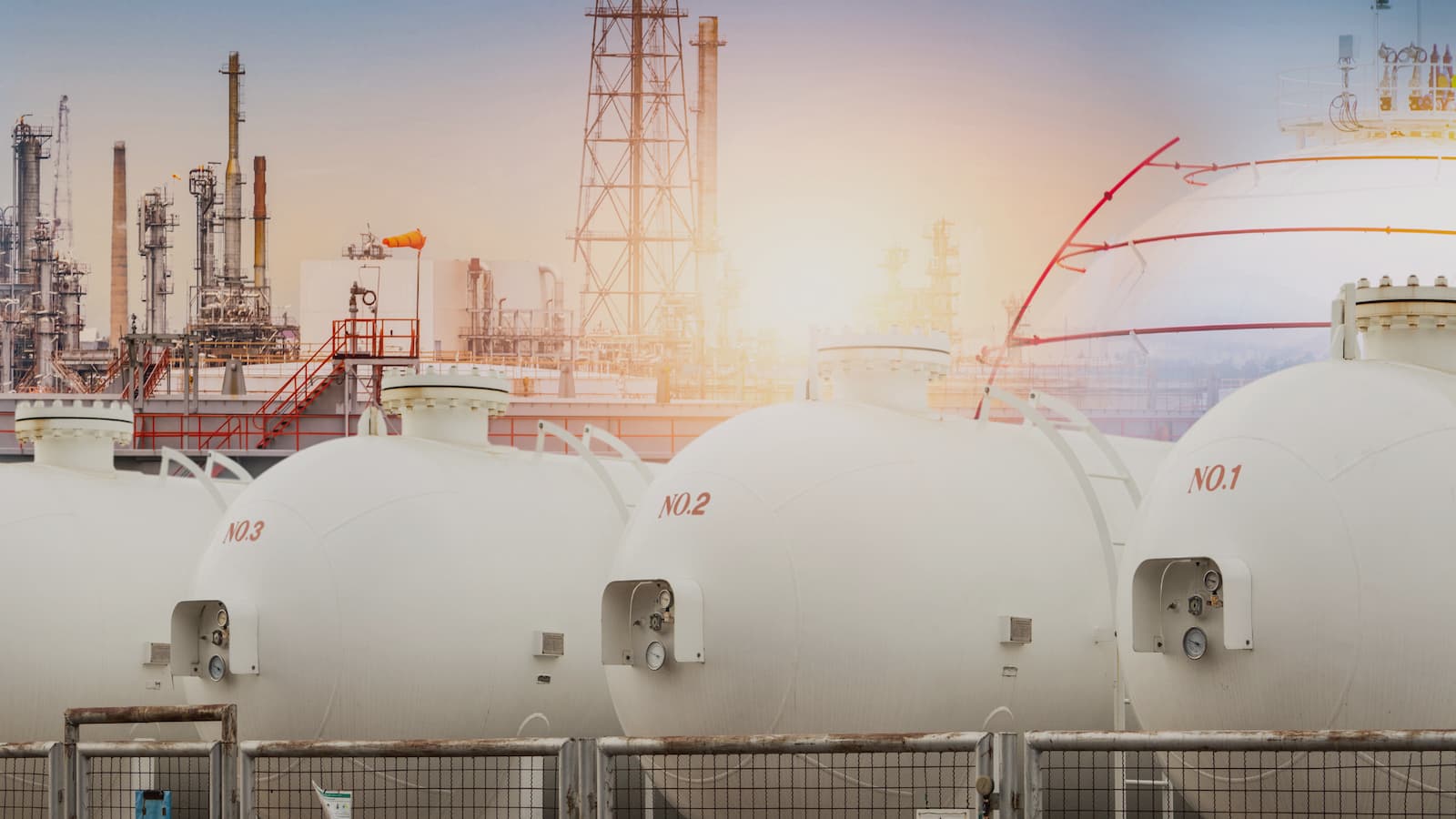
In recent months, China gas supply strategy has taken a significant turn. Previously, China was close to finalizing a deal with Russia for a new gas pipeline called Power of Siberia 2. This pipeline was expected to transport up to 50 billion cubic meters of gas annually from Russia’s western Siberia to China via Mongolia. However, plans for this ambitious project now seem uncertain. A recent decision by Mongolia’s government to exclude funding for the pipeline in its five-year economic plan suggests that China may be rethinking its energy strategy.
The Power of Siberia 2 pipeline was not just a business venture; it was also a symbol of the strong ties between Russia and China. The project was supposed to provide much-needed revenue for Russia, especially as the country continues to bear the economic strain of the ongoing war in Ukraine. China, which has been a crucial supporter of Russia during this time, has helped the Kremlin navigate the sanctions imposed by Western nations. But the halt in the Power of Siberia 2 project indicates that China’s support for Russia has its limits. Despite the famous proclamation by Chinese leader Xi Jinping and Russian President Vladimir Putin that their bilateral relations have "no limits," recent developments suggest otherwise.
While Russia faces delays and uncertainties, Turkmenistan has quickly emerged as a key player in China’s gas supply chain. China is now tightening its energy ties with Turkmenistan, a country that is already a significant gas supplier. Unlike the complex negotiations with Russia, China finds dealing with Turkmenistan’s leadership much simpler. Turkmenistan’s government is known for its high level of authoritarianism and its relatively straightforward economy, making it an easier partner for China to work with.
This shift in China gas supply strategy is not just about convenience. It’s also about control. China would have much greater influence over a pipeline connecting it to Turkmenistan than it would over a project involving Russia. According to regional expert Alexey Chigadayev, a new pipeline connecting China and Turkmenistan makes more sense for Beijing. Such a project would allow China to maintain a higher degree of control during both the construction and operational phases. This level of control is crucial for China as it seeks to secure its energy future.
The changing dynamics of China’s gas supply strategy have significant implications for Russia and the global energy markets. Russia, already under economic pressure due to its involvement in the war in Ukraine, is now facing stiff competition in a market it once dominated. Turkmenistan’s ability to outpace Russia in gas exports to China is a clear indicator of this shift. In the first seven months of 2024, Turkmenistan exported $5.67 billion worth of gas to China, while Russia’s exports amounted to $4.69 billion. Kazakhstan also played a role, supplying over $730 million worth of gas to China during the same period.
For Russia, the potential loss of this market share is a serious concern. The country relies heavily on energy exports to fund its economy, especially during challenging times. The delay in the Power of Siberia 2 project could further strain Russia’s financial resources, complicating its ability to sustain its military and political objectives.
On the global stage, China’s shift towards Turkmenistan could lead to changes in energy prices and supply chains. As China diversifies its energy sources, other countries may also seek to establish or strengthen their relationships with alternative gas suppliers. This could result in increased competition among gas-exporting nations and potentially disrupt established market dynamics.
China’s evolving energy strategy is not occurring in isolation. It is part of a broader geopolitical shift that reflects the changing nature of global alliances and partnerships. While China and Russia may continue to collaborate in some areas, the energy sector appears to be one where their interests are diverging. China’s willingness to pivot towards Turkmenistan indicates that it is prioritizing its own energy security and economic stability over maintaining its relationship with Russia at any cost.
Moreover, China’s engagement with Turkmenistan is likely to have ripple effects across Central Asia. Other countries in the region may look to emulate Turkmenistan’s success in securing lucrative deals with China. This could lead to a realignment of economic and political ties in the region, with China playing a more dominant role.
Stay Updated on Global Energy Markets. For the latest updates on global energy markets and what they mean for you, visit our partner website: DailyFX Natural Gas.
Discover how China is shifting its gas supply strategy, favoring Turkmenistan over Russia. See the implications for global energy markets.
Superior trade execution & trading conditions with the NDD method.

The online FX industry provides a platform for investors worldwide to engage in the buying and selling.

Subscribe to our daily newsletter and get the best forex trading information and markets status updates
Trade within minutes!
Comment (0)